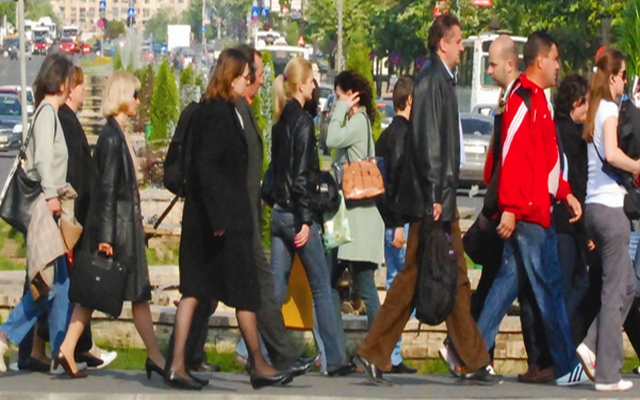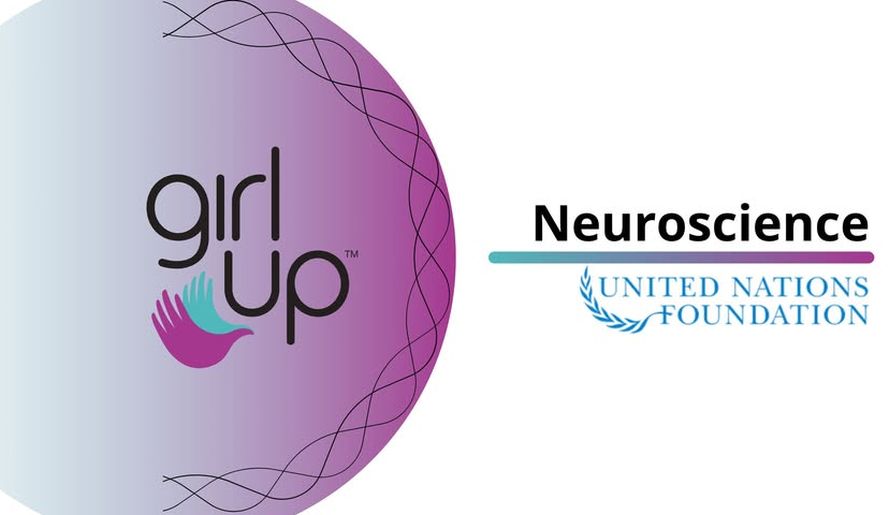Romanians’ Psychological Profile in Post-Communism
Scientists with the Psychology and Psychotherapy Department of the Babes-Bolyia University in western Romania have conducted a study on Romanian people's psychological profile.

Christine Leșcu, 22.04.2015, 13:09
In 2005, the American magazine ‘Science’ published a comparative survey, covering 49 cultures around the globe, on the differences between how peoples perceive themselves and the way they really are. The Romanians were not included in this research and that motivated the scientists with the Clinical Psychology and Psychotherapy Department of the Babes-Bolyai University in western Romania to conduct their own research. Therefore they conducted a comprehensive 10-year long study, using the same methodology as the American researchers.
The outcome has been a set of comprehensive domestic studies and dedicated tests, contouring a generic profile of the Romanians, meant to also either confirm or contradict two older similar studies by Romanian pioneers in psychology: ‘From The Psychology of the Romanian People’, written by Dumitru Draghicescu and published in 1907 and Constantin Radulescu-Motru’s book ‘The Psychology of the Romanian People’ published in 1937. Many of the conclusions drawn by scientists in the past have been largely confirmed by the present survey, many of them getting improved and developed. Interesting and surprising are the differences between the so-called surface profile of the Romanians and their basic profile. The first has more to do with their present-day behaviour and mindset, while the second one focuses on potential traits, which could manifest themselves in certain circumstances. Here is professor Daniel David with the Babes-Bolyai University in Cluj Napoca, western Romania.
“Concerning the basic profile, which deals with the potential we have in terms of cognitive intelligence, creativity, learning style, emotional intelligence, we’ve learnt that Romanians aren’t different from other peoples in modern Europe. But if we look at the surface-profile, our actual way of being — we see that we don’t quite make the most out of our potential. For instance, if we compare various educational tests we see that our results aren’t that good. We have also noticed that we don’t fare very well in what concerns innovation, although the creativity potential is on par with that of the Americans or the British. So, there is a huge difference between what we could do and what we have actually done.”
The lack of trust, one of the Romanians’ specific traits, has also highlighted the fundamental differences between them and other peoples. Here is Daniel David again.
“A major issue we still have to work on is the lack of trust in people. Unfortunately, Romanians score high at this. We’ve been dealing with this issue in another research, which is to be completed shortly, in which we’ve compared 53 world cultures. What we’ve noticed was that an American or a Brit is more willing to accept a foreigner in their personal environments; they tend to give foreigners the benefit of the doubt more easily. As compared to them, when Romanians meet foreigners, they tend to place them into a social context. That foreigner must win their trust, before they are given access to a Romanian’s private space.”
In fact, family is fundamental for Romanians; that is why they aren’t very concerned with notions like ‘common good’ looking rather family-centered and selfish. This type of individualism, says professor Daniel David, is different from the individualism that has shaped the western world.
“Individualism is in fact a concept referring to the fact that individuals come together on a voluntary basis, creating generous and strong communities. Individualism is not necessarily selfishness. It is the basic concept of the peoples in the EU, with the exception of Portugal, Greece, Bulgaria and Romania. But when we speak about Romanians and use this concept it may become a little bit confusing. Our individualism, as Radulescu-Motru noticed, is autarchic and selfish and that doesn’t help us associate or build mutual trust. For this reason we cannot create strong communities. Our gregariousness stems from collectivism, but this collectivism is not big enough to also include neighbours or colleagues. It is all about family, which means one can only trust family members, and if friends want to become part of this circle, they must pass a test of confidence. We’ve made out of family some sort of a safety net, which offers us protection.”
But given this psychological profile, how does hospitality fit in, as ‘hospitality’ is one of the traditional stereotypes that Romanians use to define themselves?Daniel David has an answer.
“The concept of hospitality is a bit more complicated here. Again, we must see the difference between what we think we are and what we actually are. Like other peoples, Romanians have their own self-admiring stereotypes, meaning that they perceive themselves as being warm and competent. But, I repeat, all peoples share these stereotypes. We consider ourselves as being more friendly than trustworthy. So we are assessing this concept of trust not only objectively, but also subjectively, and the same goes for competence. Competence has two components, discipline and effectiveness. We believe about ourselves to be effective, but less disciplined, which is a matter of objective evaluation.”
In order to assess the Romanians’ professional competence we first must have a look into the relation they have with their jobs, which also emphasizes the difference between their surface and basic profiles.
“Work is seen by Romanians as some sort of vehicle for social emancipation. If your job allows you to make enough money so as to climb up the social ladder, it’s OK. In this case Romanians can become very committed, hard-working individuals. On the other hand, a low income, which cannot improve your social status, is being perceived as a setback and oftentimes you can hear phrases like ‘I work for the money I get, no more’. Particularly employers in Romania, where people aren’t well paid, are currently facing this phenomenon. However, once they have left Romania for better-paid jobs abroad the same demotivated employee suddenly turns into an example of hard-working, committed individual.”
In other words, the basic profile of a certain people, with all its hidden potential, cannot surface unless the social institutions are providing the right conditions.






























